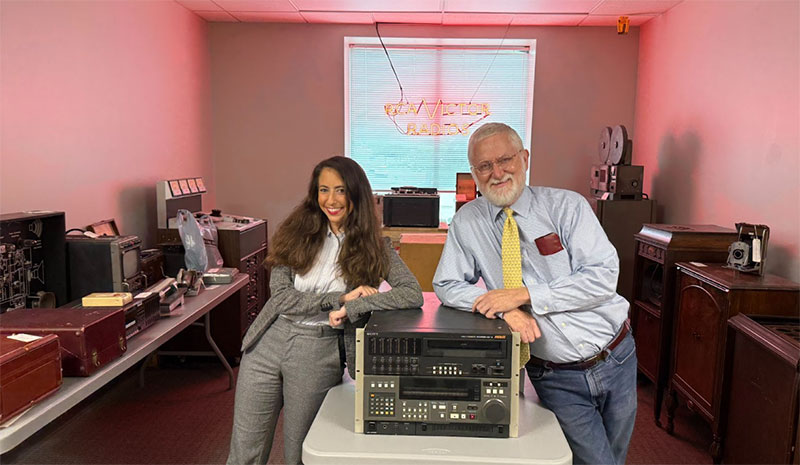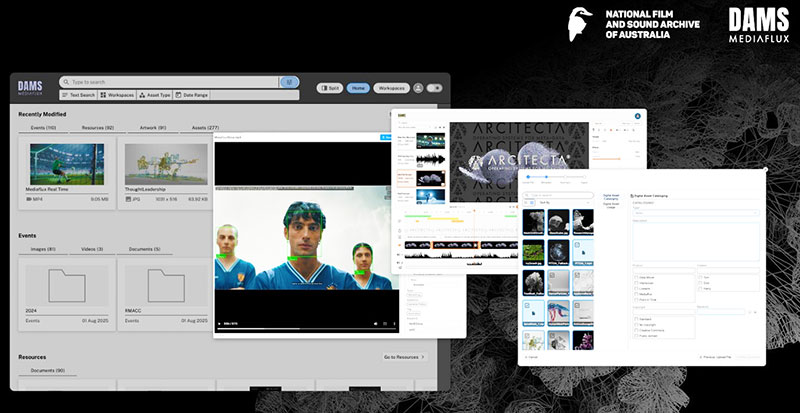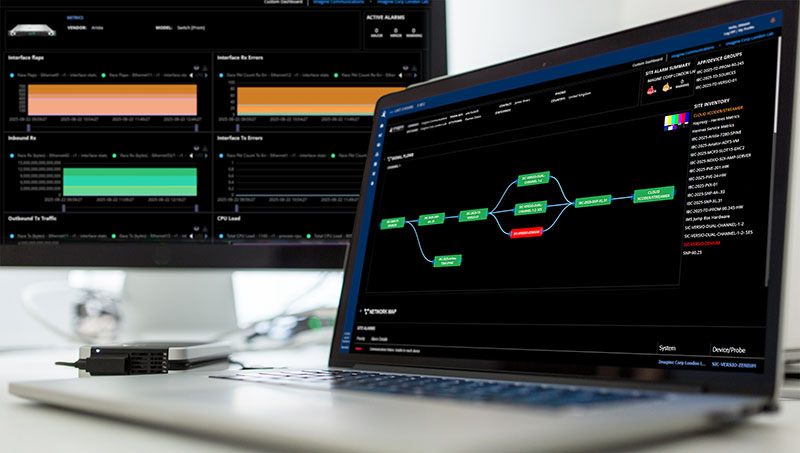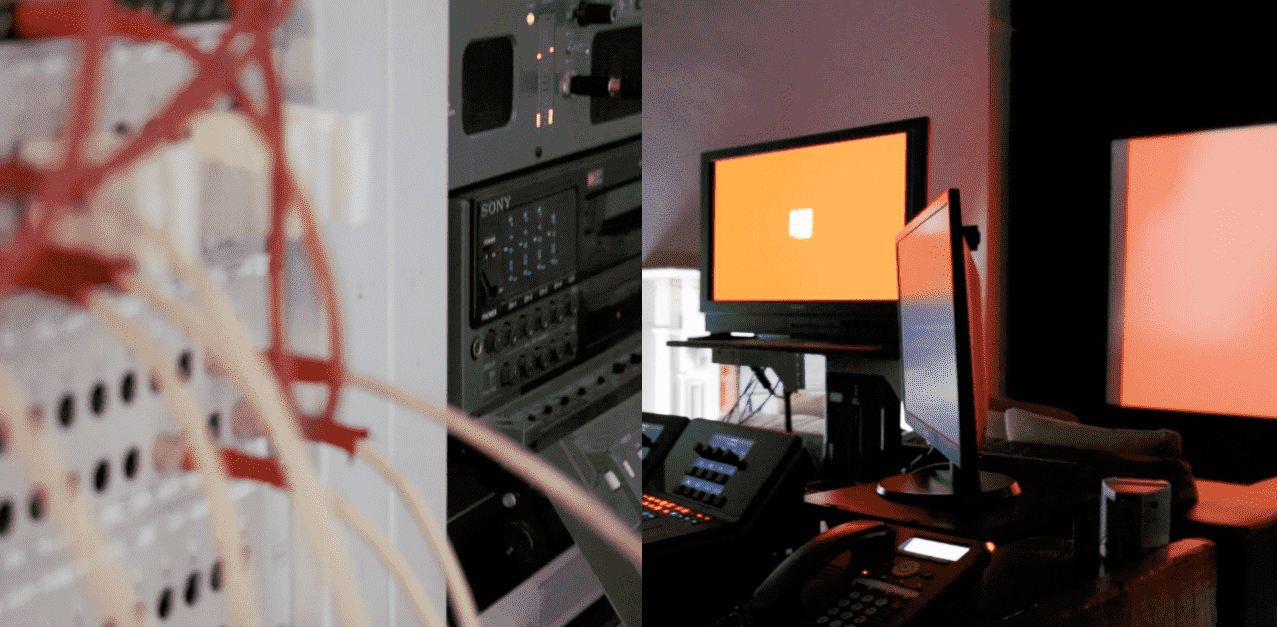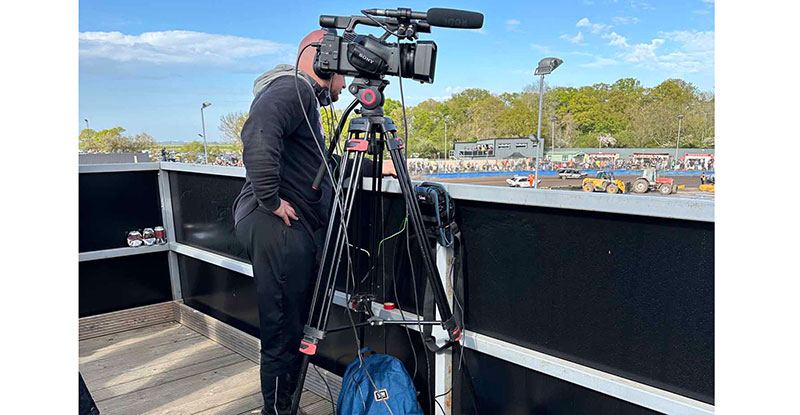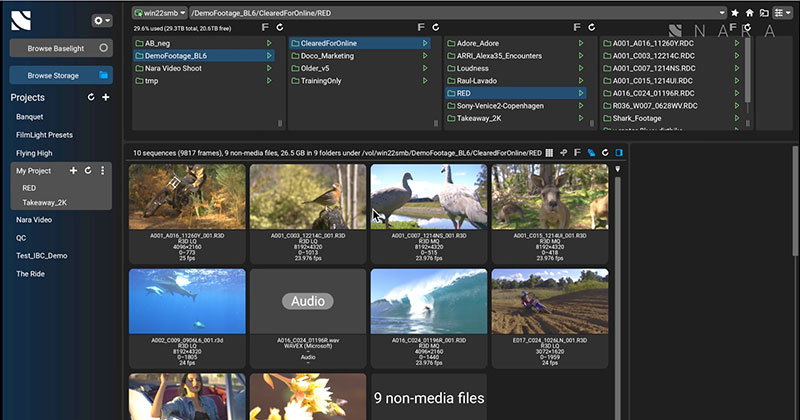With Cubbit’s cloud geo-distribution platform integrated into WIIT’s data centres, De Agostini Editore’s TV channels have efficient, 100% European infrastructure to protect its digital assets.

Robin Hood
Italian media company KidsMe, a part of De Agostini Editore, specialises in the development, production and distribution of local and European content devoted to the children’s and family market. Its channels, including DeAKids and DeAJunior, have migrated 1 petabyte of data to WIIT's European Cloud Vault, a fully managed cloud object storage service.
The migration project was driven by the need to store the publisher’s digital archive in a way that guarantees reliability, accessibility and efficiency over time. Partly in response to the uncertainty of the current geopolitical landscape, De Agostini Editore needed to safeguard its digital archive on an infrastructure that is fully European as well.
Self-managed, Geo-redundant Cloud
WIIT’s cloud environment features Cubbit's DS3 Composer, a cloud storage platform. As part of a Business Alliance Partnership between WIIT and Cubbit, De Agostini Editore has been able to integrate Cubbit’s cloud functionality into WIIT’s data centres. The result is a service that combines the performance and security of a hyperscaler with greater cost efficiency, ease of use and full data sovereignty, enabled by a platform entirely designed, developed and operated in Europe.
DS3 Composer, a software-defined storage platform, allows WIIT’s cloud service clients like De Agostini Editore to deploy and manage their own S3-compatible distributed cloud storage, while keeping complete control over their data, infrastructure and costs. DS3 encrypts, fragments and replicates data across independent, geographically distributed nodes.
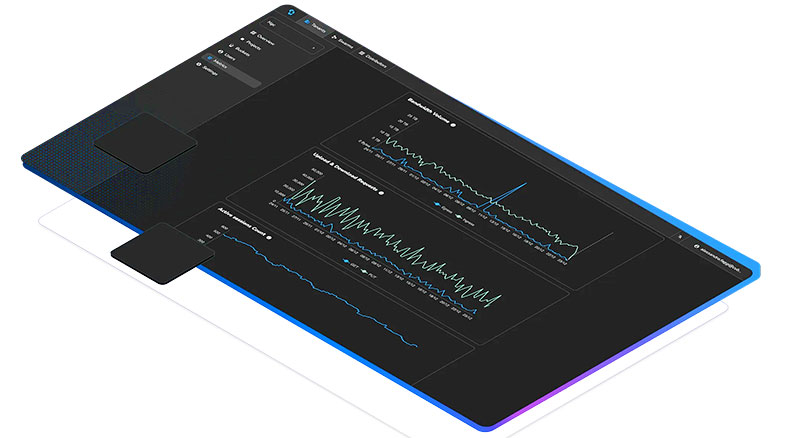
This distribution maintains high durability and service continuity even during outages or site failures, as no complete file is ever stored in one place. If one location becomes unavailable – whether due to failure or attack – the file remains accessible and can be reconstructed from the remaining fragments.
Cubbit embeds this geo-redundancy directly into the storage architecture, so that redundancy occurs at the fragment level – not by duplicating full files – thereby reducing overhead, complexity and cost, and removing the need to manage copies. Cubbit refers to this approach as ‘geo-redundancy by design’.
Geo-fencing and Sovereignty
Users can also define geofencing rules – in other words, limit storage to specific cities or regions – to enforce data residency, comply with national regulations and meet standards such as GDPR or ISO. This means that, owing to its partnership with Cubbit, WIIT has been able to use its own infrastructure to make available a competitive, entirely European cloud storage service. It combines the performance and security of a hyperscaler with greater cost-efficiency, simplicity and full data sovereignty.
Sovereignty is important because it is about legal and physical control over where data resides. Due to Cubbit, WIIT can define the geographic perimeter of their storage - whether within national borders or even entirely on-premises. This enables compliance with GDPR, NIS2 and other regional regulations.

Boy Girl Dog Cat Mouse Cheese
More Features - Multi-tenancy and Encryption
Other interesting features in DS3 Composer include support for native multi-tenancy. Each Tenant is isolated and managed independently, with its own users, access policies, configurations and storage resources. It is a good choice for MSPs (managed service provider), enterprises or any environment with multiple domains.
Zero-knowledge encryption is an optional mode in which even administrators cannot access user data. Encryption keys remain client-side, emphasising data privacy and compliance with strict confidentiality requirements. www.cubbit.io




